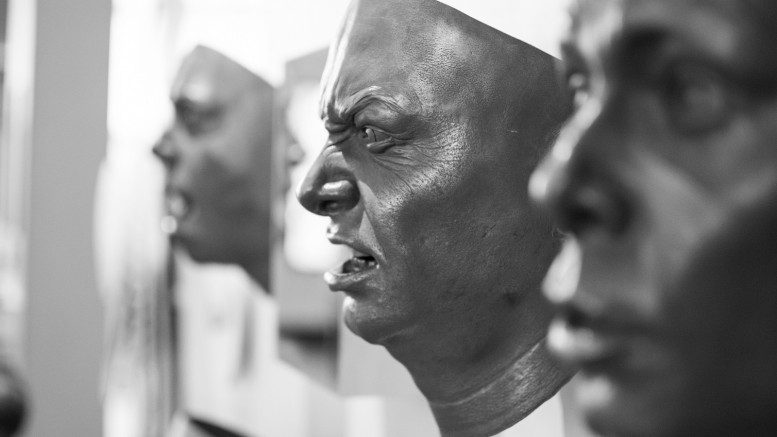Living life with bipolar disorder can be challenging. Unlike physical ailments, mental health disorders can’t be cured with medication only. You need to make a wide array of lifestyle changes and develop a positive outlook to take care of your mental health.
Things become even more challenging in the case of bipolar disorder because you can’t always predict how you’re going to feel in the future. It can take a toll on your career, finances, and personal relationships. Worse still, it can change the way you feel about yourself.
But that doesn’t mean you can’t live a happy and fulfilling life if you have a mental health disorder. When it comes to surviving bipolar disorder, you need to work with an experienced mental health professional to develop a treatment plan that suits your needs.
Additionally, you must understand that treating bipolar disorder isn’t a one-way process. A therapist or psychiatrist can’t resolve your problems on their own. Instead, it’s essential for you to take charge of your mental health and make an effort to get better.
In this blog, we’ve outlined a few effective tips to help you cope with bipolar disorder. Let’s take a look.
1. Empower Yourself with Information
Irrespective of the treatment plan that your mental health care provider suggests, it’ll only work when you actively participate in your treatment. The first step is to educate yourself about bipolar disorder. It’ll go a long way to eliminate any stigma, fear, and misconceptions you might have developed about the disease.
Dig deeper to understand the causes and symptoms of bipolar disorder. Don’t hesitate to clarify any doubts you have about bipolar disorder with your therapist or psychiatrist. The more knowledge you have about the mechanism of the disease, the less you’re going to feel like “it’s all in your head”.
Next, identify the various treatment options available for your condition and discuss those with your therapist. Typically, treatment for bipolar disorder involves counseling, medication, and a ton of lifestyle changes. If you have any apprehensions about taking psychiatric medication, talk to a psychiatrist to understand if there will be any side effects.

2. Don’t Stop Taking Medication
Here’s the thing – if you have hypertension, you won’t stop taking your medicines once your blood pressure goes back to normal. Likewise, when it comes to bipolar disorder, you’ll likely have to take some form of maintenance medication throughout your life.
Typically, psychiatrists prescribe a combination of antidepressants and antipsychotics to treat bipolar disorder. The worst mistake you can make is to stop taking your medication once you start feeling better. It’s essential to understand that the reason you feel better in the first place is because of those medicines.
That’s why it is crucial to consult your psychiatrist before stopping or modifying the dosage of your medication. If you think you can’t afford long-term medication, check whether your insurance plan covers mental health care.
Additionally, if you experience any side effects after taking your pills, immediately consult your doctor. They might prescribe alternate medication or suggest suitable ways to deal with the side effects. You also need to regularly visit your mental health care provider so that they can monitor your progress and adjust the dosage of your medication accordingly.
3. Watch Your Mood
An effective way of dealing with bipolar disorder is to spot the signs of a manic or depressive episode early on. It’ll prevent you from spiraling into a rabbit hole of extreme euphoria and depression. That’s why you must keep a close eye on your mood and identify subtle changes in your behavior.
For instance, if you’ve been feeling lethargic and uninspired lately, chances are you might be on your way to a depressive episode. Likewise, an increased appetite for risk and higher than usual energy levels could be the precursors of a manic episode. It’s also a good idea to analyze previous episodes and identify what triggered them.
The earlier you identify these signs, the better equipped you’ll be to prevent another major episode. As soon as you identify any changes in your mood that indicate an oncoming episode, make sure you consult your therapist/psychiatrist.
4. Build Your Support Network
Coping with bipolar disorder can be a long and arduous journey. But it doesn’t mean you’ve got to fight the battle on your own. Involving your closest friends and family members in your treatment will be helpful if you’re experiencing a manic or depressive episode. They can provide you with the right motivation and courage to go on with your day when you’re struggling.
Also, you could consider joining a support group for people with bipolar disorder. Learning about the experiences and struggles of other individuals, who are in a similar predicament, will make you feel less lonely.
While it isn’t possible to cure bipolar disorder, there are various ways to manage the disease. The most crucial thing is to take charge of your wellbeing and identify the right steps you should take to keep a manic or depressive episode at bay. Seek treatment from a licensed professional and make your loved ones a part of the journey.
